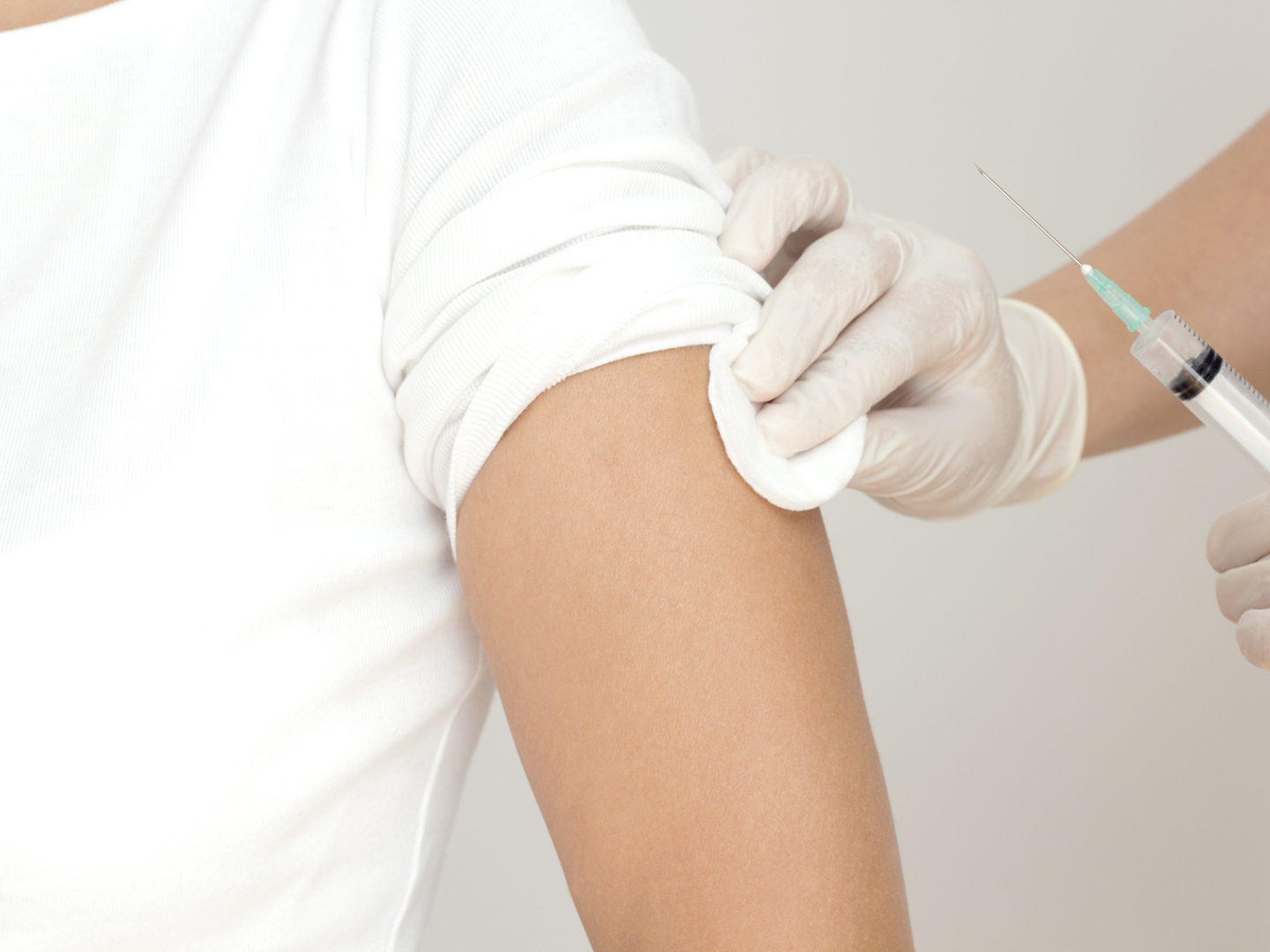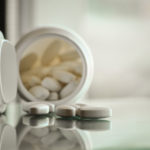Herpes

What is herpes?
The herpes simplex virus (HSV) causes cold sores (fever blisters) on the lips and in the mouth, and genital herpes on the genitals, buttocks, thighs, or abdomen. Herpes zoster, another kind of herpes virus, causes chickenpox and shingles. These viral infections are estimated to affect some 80 million people in America with at least one in five adults in the United States having genital infections. Between 200,000 and 500,000 people “catch” genital herpes each year, while the number of people getting oral infections is many times higher.
What are the symptoms of herpes?
The hallmark of HSV infection is a blister or cluster of blisters that often feels tingly and itchy at first, becoming sore later, eventually crusting over and disappearing. An initial episode of herpes may produce fever, malaise, and enlargement of local lymph nodes; recurrences are usually milder but may begin with a brief period of general malaise. Once you get infected, the virus is with you for life. It lives in nerve cells where the immune system cannot find it, becoming re-activated from time to time. Common triggers of herpes outbreaks are colds and other viral infections, fatigue, sun exposure, physical irritation of the skin, and emotional stress. Some people are bothered by outbreaks once a year or less, while others may get them every few weeks.
What are the causes?
HSV type 1 typically is responsible for cold sores while HSV type 2 causes genital outbreaks. Cold sores and herpetic lesions are highly contagious. You get them initially from people who have them. Cold sores usually happen by direct contact or as a result of sharing eating utensils, razors or towels. Genital herpes is usually spread from one person to another through sexual contact, including oral and anal sex. The virus can enter the body through a break in the skin or through the soft tissue of the mouth, penis or vagina, urinary tract opening, cervix or anus. Herpes is most easily spread when blisters or sores are visible on the infected person. But it can also be spread anytime, even when there aren’t any signs or symptoms. Herpes can also be spread from place to place on your own body, such as from your genitals to your fingers, then to your eyes or to other body parts. In addition, herpes can be transmitted from a mother to her baby during vaginal delivery. When individuals have active lesions, it is vital to take care about not infecting others, especially babies, those who have an “open-skin” condition such as eczema, or anyone with a suppressed immune system.
What is the conventional treatment?
Prescription drugs taken orally, such as acyclovir, famciclovir, or valacyclovir have been developed to effectively treat herpes infections. These medications can be used to alleviate the symptoms of an outbreak and shorten its course or to suppress recurrences, reduce the number outbreaks and prevent spreading the disease. This type of treatment is not curative and can get expensive, especially if it is used daily to suppress outbreaks.
What therapies for herpes does Dr. Weil recommend?
- Dietary changes: Lysine is an amino acid that seems to inhibit the virus. You can get dietary L-lysine from foods such as yogurt, fish, potatoes and brewer’s yeast. At the same time, you should cut back on foods containing L-arginine, another amino acid that may promote outbreaks. These foods include chocolate, peas, nuts and seeds.
- Mind/Body: For either kind of herpes, try taking advantage of the mind-body connection by seeing a practitioner of interactive guided imagery or clinical hypnosis or by learning these techniques through self-training. The goal is to use visualizations and mental affirmations to let the herpes virus know that it is welcome in your body only if it stays in its dormant state.
- Traditional Chinese Medicine: Although not well studied with herpes, TCM can be very effective at modulating the immune system, and may help keep the virus in check.
- Supplements: You can reduce the frequency and severity of oral herpes attacks by taking L-lysine as a daily supplement (500-1,000 milligrams a day on an empty stomach). Unfortunately, using lysine does not usually work for genital herpes. As an alternative, you can try taking monolaurin, a nontoxic, antiviral supplement made from lauric acid (a fatty acid found in breast milk) and glycerin. It is used to treat infections with all strains of the herpes virus along with other viral infections including measles, and HIV, the human immunodeficiency virus that causes AIDS. Monolaurin is believed to have the potential to permanently inactivate the fat coated viruses that cause these diseases by fluidizing the lipids (fats) and phospholipids in their envelopes, leading to the disintegration of viral particles. Monolaurin, sold under the brand name Lauricidin®, comes in the form of mini pellets. Dosage should be individualized, and Dr. Jon J. Kabara, the physician/researcher who developed monolaurin, says that the usual recommended initial dose is 1.5 grams once or twice a day for one or two weeks. The dose can be increased to 3.0 grams once or twice daily thereafter. A maintenance dose can be 3.0 grams two or three times a day. The idea is to start with a low dose and then increase it gradually until you notice a positive response. Take monolaurin only under the supervision of your physician, who can prescribe it, determine your best dosage and monitor your progress. Dr. Kabara has, however, generously offered to respond to individual questions about dosage submitted with orders via his Web site, www.lauricidin.com.
- Also a simple oral herpes treatment for oral herpes when you have it is to put a drop of ether (diethyl ether) on any active lesions. This promotes crusting and speeds healing. Pharmacists will sell you small quantities of ether for this purpose









